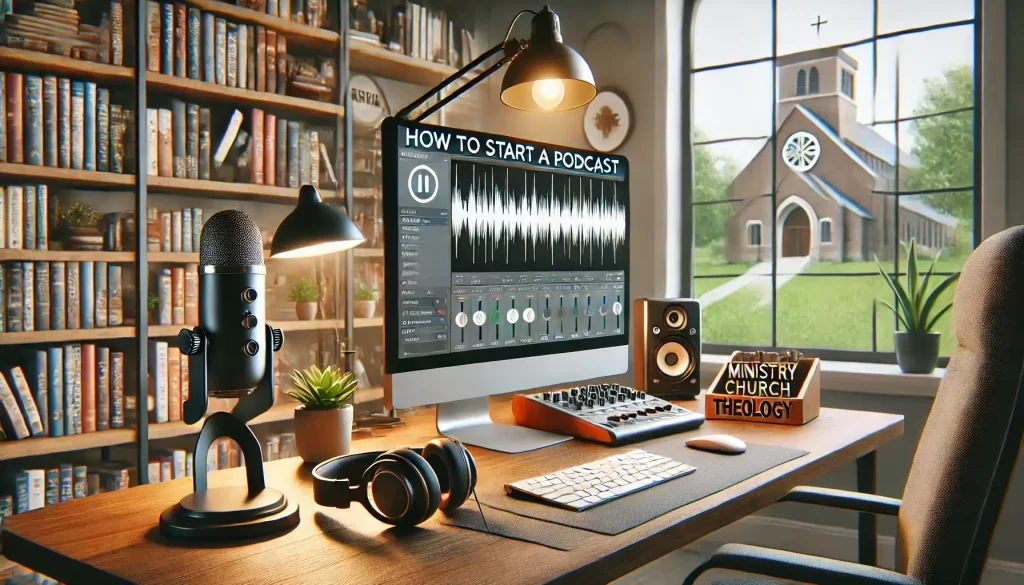Table of Contents
Starting a podcast involves several key steps to ensure you have a solid foundation and can effectively reach your target audience. Here are the steps you should follow to launch your podcast:
1. Define Your Podcast’s Core Elements #
- Purpose: Why are you starting this podcast? What do you hope to achieve?
- Target Audience: Who are you making this podcast for? Understand their interests, needs, and preferences.
- Unique Factor: What makes your podcast different from others? Find your unique voice or perspective.
2. Choose a Topic and Format #
- Topic: Select a subject you are passionate about and can talk about for multiple episodes.
- Format: Decide on the structure of your podcast. Options include solo, co-hosted, interview-based, or a mix.
- Name: Choose a name that reflects your podcast’s theme but allows room for expansion.
3. Prepare Cover Art, Intro, and Music #
- Cover Art: Create professional-looking cover art that grabs attention. You can use design tools like Canva or hire a designer.
- Intro and Music: Have a catchy intro and background music that sets the mood of your podcast. There are various royalty-free music sites available.
4. Technical Setup #
- Microphone: Choose a microphone that fits your budget. Popular options include the Blue Yeti, Audio-Technica AT2020, and Rode NT-USB.
- Recording Software: Use reliable software for recording and editing. Options include GarageBand, Audacity, Adobe Audition, and Alitu.
5. Recording and Editing #
- Recording: Ensure your recording environment is quiet and free from interruptions. Perform equipment checks before recording.
- Editing: Edit your episodes to remove mistakes, pauses, and unwanted noise. Use techniques like compression, EQ, and normalization to enhance sound quality.
6. Choose a Hosting Service #
- Hosting: Select a podcast hosting service to upload your episodes. Popular choices are Libsyn, Podbean, Anchor, and Buzzsprout.
7. Publishing and Promotion #
- Directories: Submit your podcast to major directories like Apple Podcasts, and Spotify, to make it available to listeners.
- Promotion: Create promotional assets like social media posts, audiograms, and email newsletters to promote your episodes.
8. Audience Growth Strategies #
- Feedback: Improve your show based on listener feedback.
- Collaboration: Collaborate with other podcasters to reach new audiences.
Resources #
- Episode Checklist: Follow a checklist for each episode to ensure you cover all necessary steps from pre-planning to promotion.
- Monetization Options: Explore various monetization strategies such as sponsorship deals, merchandise sales, premium content, and more.
Next Steps #
- What is the main topic or niche of your podcast?
- Have you decided on the format and name for your podcast?





